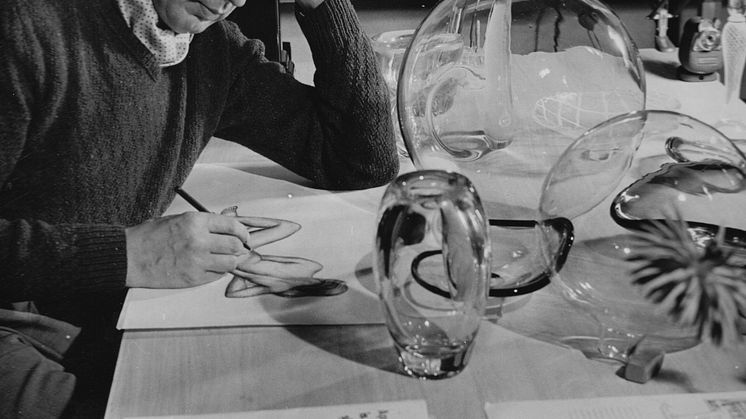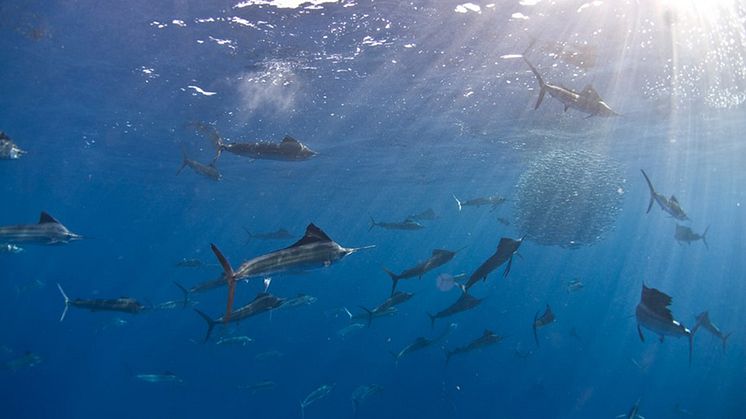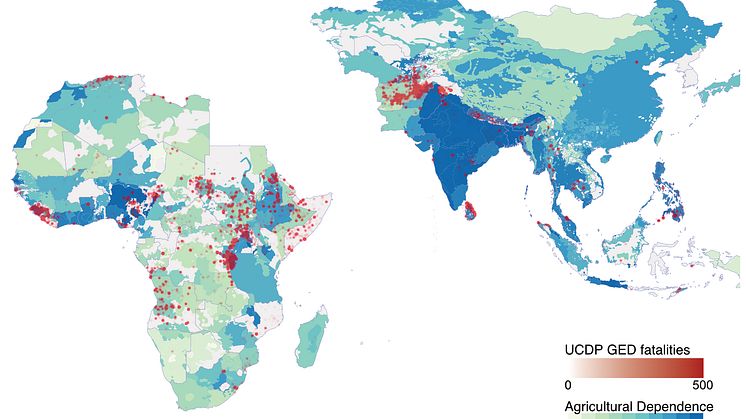Booklaunch - Vicke Lindstrand On The Periphery
Australian design historian Mark Ian Jones launches his new book Vicke Lindstrand On The Periphery- the first English language publication to examine the life and work of the Swedish artist and his place in Scandinavian design history. The author describes the image and reception of an artist and designer who didn’t “fit the mould” but has shown to be more influential than previously perceived.


